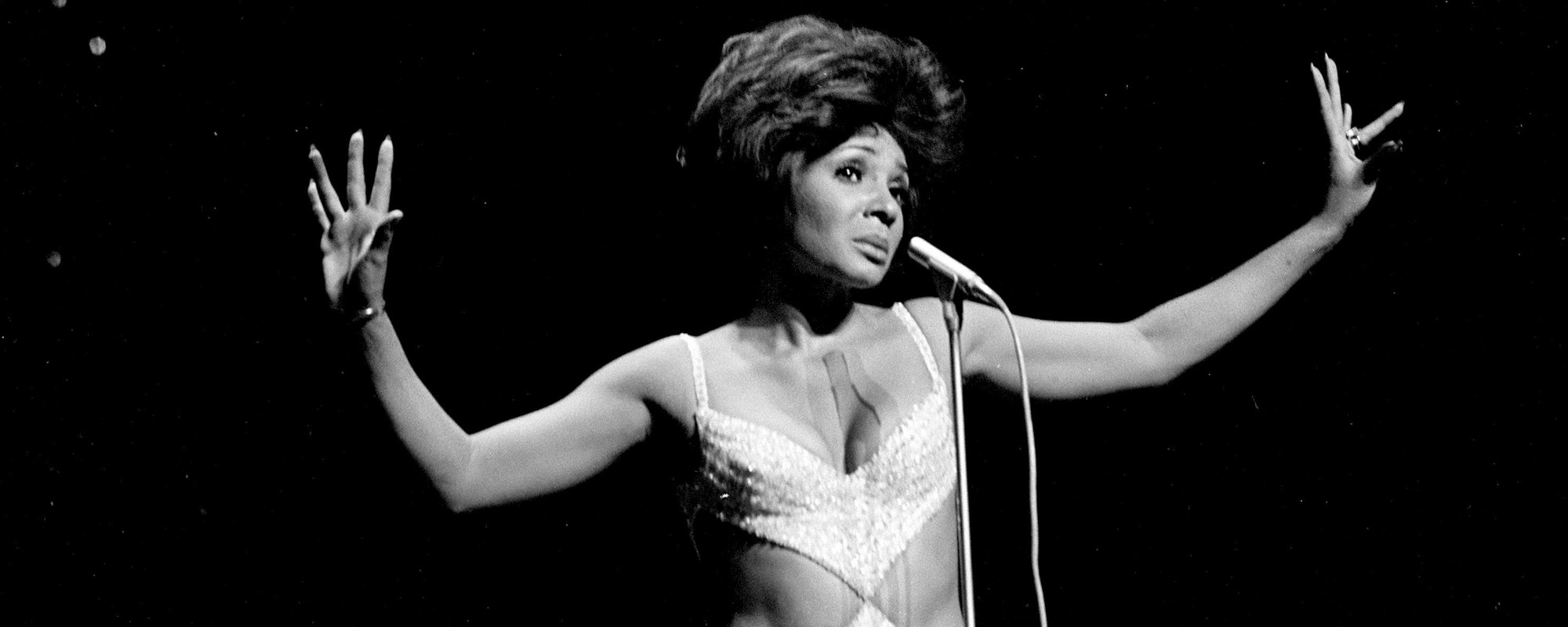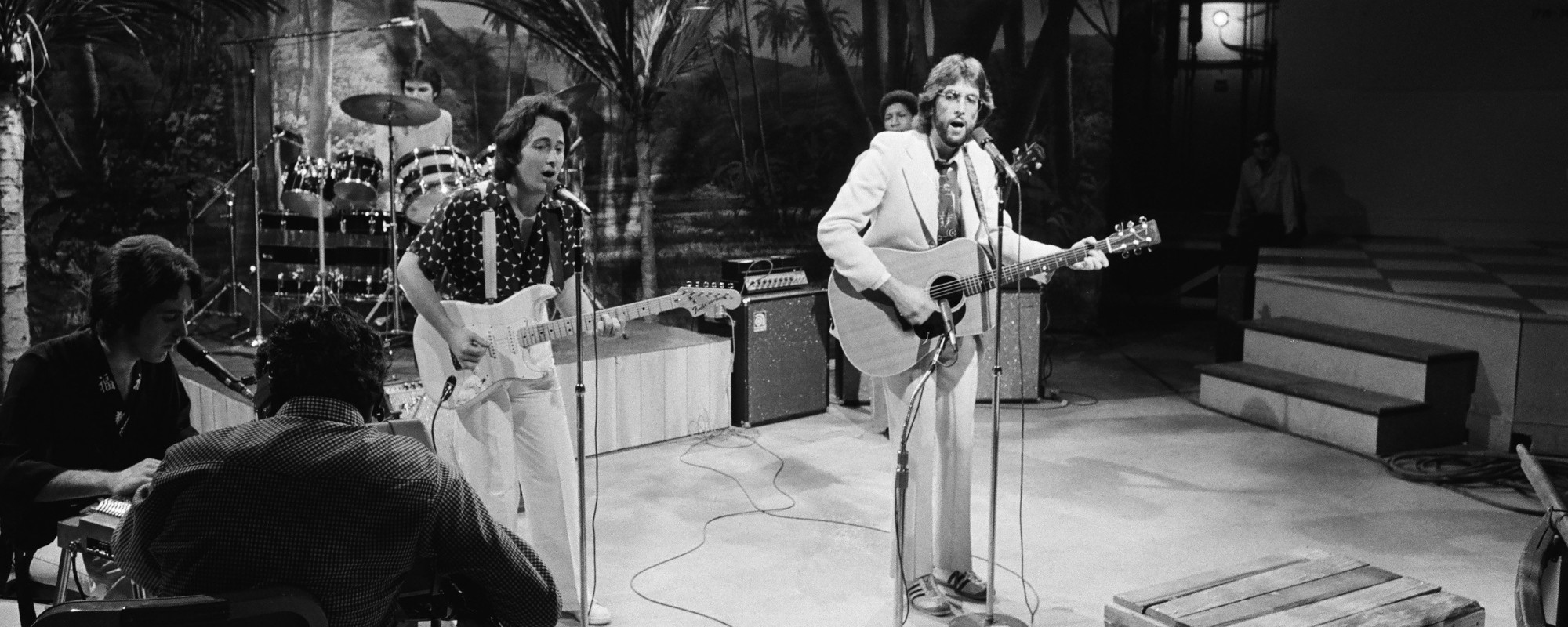Folks would likely have considered Simon & Garfunkel’s “America” a masterpiece even if it had stuck to simply being a wistful travelogue. The two passengers trying to occupy themselves while watching the sights expertly represent the nomadic spirit of the American population.
Videos by American Songwriter
But Paul Simon, as the song’s writer, added a different perspective with some crucial lines near the end of the narrative. With these lines, he also managed to capture a different aspect of the American ethos.
No Rhymes, Plenty of Reason
“America” doesn’t rhyme. You might not notice it as it rolls past you, so smoothly do the lines pile up on top of one another. Paul Simon purposely set out to upend expectations with the decision not to include rhymes, the building blocks of most pop lyrics.
The title is also somewhat loaded. It’s not easy to live up to it, in that people who see the title first might expect some grand, patriotic statement. Instead, “America” turns out to be a subtle testament to how the country can reveal itself to travelers in ways that might surprise even those who’ve been living in the country their whole lives.
The narrator and his girlfriend begin their journey by hitchhiking before eventually heading for their final destination via bus. Choosing these low-rent forms of travel gives them an opportunity to both see the country and interact with the people, although they spend much of the trip focusing on each other.
Making the Early Stops
For most of the trip detailed within the lyrics of “America”, the two principals strike a cordial, even playful, tone. The narrator makes a jokey, faux-Shakespearean invitation to her at the start, before admitting that he doesn’t have much to offer her besides his devotion.
Later, he muses on how the simple act of travel can alter the past. “Michigan seems like a dream to me now,” he sings of his starting point. They amuse themselves by imagining the secret lives of other passengers, making the mundane bus trip seem like the epicenter of international intrigue.
As the trip progresses, they run out of cigarettes and things to say. The narrator looks up, and he’s overwhelmed by the suddenness of the scenery. “And the moon rose over an open field,” he notes. The sight stirs something inside him, and that’s when Simon drops the lines that change the context of everything that we’ve just experienced with these characters.
An Unheard Confession
To start the final verse, Simon sings, “‘Kathy, I’m lost,’ I said, though I knew she was sleeping / ‘I’m empty and aching and I don’t know why.’” So much to unpack from just two lines. First, he tells her at a time she knows she won’t hear him. He can’t quite reveal the turmoil roiling inside him, even though he clearly wants to get it off his chest.
Notice also how he can’t even put his finger on the roots of his angst. That suggests it’s something innate that’s forcing him out onto the road looking for answers to this quandary. It speaks to the restlessness that Simon’s generation was feeling as they tried to make sense of a country changing rapidly before their eyes, sometimes in ways that they didn’t recognize.
“America” stands as one of the most moving songs written by Paul Simon for Simon & Garfunkel. That old saying about the journey being more important than the destination? With those crucial lines late in the song, Simon suggests the motivation behind the travel is what matters above all else.
Photo by Columbia Records/Michael Ochs Archives/Getty Images












Leave a Reply
Only members can comment. Become a member. Already a member? Log in.